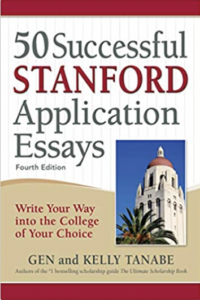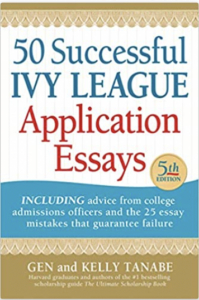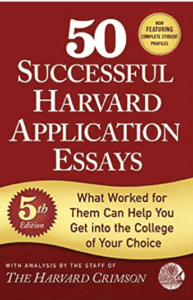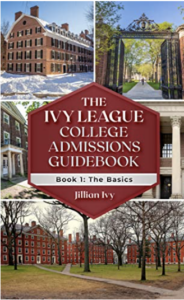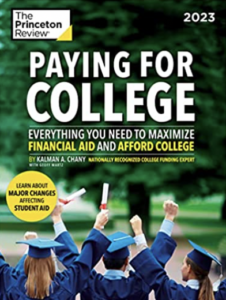The Best Extracurriculars for Your College Application
The Best Extracurriculars for Your Ivy League College Application
As the competitive landscape of Ivy League college admissions continues to intensify, students find themselves grappling with the question of how to stand out among a sea of high achievers.
The answer lies in your extracurriculars, so choose wisely!
While academic performance remains a crucial factor, today’s admissions committees seek well-rounded, TALENTED individuals who demonstrate a multifaceted approach to their education.
In this context, the significance of extracurricular activities in bolstering college applications cannot be overstated. These activities not only provide a platform for personal growth and skill development but also offer a unique opportunity for applicants to showcase their passions, leadership potential, and commitment to the community.
In other words, it lets admissions committees paint a picture in their mind of who you really are as an applicant.
The BEST extracurriculars should do the following, so get your check-list going!
-
Demonstrating Passion and Interest:
Extracurricular activities serve as a powerful medium for students to pursue their passions beyond the confines of the classroom. Whether it’s participating on a varsity sports team, engaging in artistic or literary endeavors, inventing a new product or even composing an opera, these activities reveal a student’s genuine interests and dedication.
By showcasing involvement in activities aligned with their passions, applicants demonstrate their ability to pursue long-term goals INDEPENDENTLY, as in, on their own and self-motivated, which can make a significant impact on college admissions officers.
-
Showcasing Leadership and Initiative:
Participation in extracurricular activities also provides ample opportunities for students to take on leadership roles and showcase their ability to lead and inspire others. Serving as a club president, team captain, founder, or event organizer highlights qualities such as responsibility, organizational skills, and the ability to work collaboratively.
Such experiences demonstrate an applicant’s potential to contribute to the campus community and become an influential figure both within and beyond the academic realm.
-
Building a Well-Rounded Profile:
College admissions officers value diversity and seek students with a broad range of interests and talents. Engaging in a variety of extracurricular activities allows applicants to craft a well-rounded profile that goes beyond academic achievements. By diversifying their experiences, students can highlight their ability to manage time effectively, adapt to different environments, and demonstrate a genuine commitment to personal growth.
-
Enhancing Personal and Interpersonal Skills:
Extracurricular activities also offer an ideal platform for students to develop a range of invaluable skills. For instance, participating in a debate club cultivates critical thinking, public speaking, and analytical skills. Joining a sports team fosters teamwork, discipline, and resilience. Engaging in community service instills empathy, compassion, and a sense of social responsibility. These skills not only contribute to personal growth but also equip students with the tools necessary for success in college and beyond.
-
Contributing to the Community:
Overall, colleges and universities seek students who can make a positive impact on their campuses and the broader community. Extracurricular activities provide an avenue for students to engage in volunteer work, community service, and civic initiatives. Demonstrating a commitment to serving others not only reflects an applicant’s character but also showcases their potential to contribute meaningfully to the college environment.
Conclusion:
While academic achievements undoubtedly play a significant role in the college admissions process, extracurricular activities offer a unique opportunity for applicants to stand out and showcase their holistic development.
By pursuing their passions, taking on leadership roles, and engaging in diverse activities, students demonstrate qualities that go beyond test scores and GPA.
The importance of extracurricular activities lies not only in the skills and experiences gained but also in the ability to present a well-rounded profile that captures the attention of college admissions officers and makes you INTERESTING and UNIQUE. That, in the end, is what admissions, and especially Ivy League admission officers are looking for.
By investing time and effort in extracurricular pursuits, you can greatly enhance your chances of gaining admission to your dream colleges and set yourself up for success in your future endeavors.
What are your best extracurriculars? Comment below!
Want more help with your own college admissions essays? I’m a former Harvard interviewer and Harvard grad. Contact me today for a free consultation at:
IvyCollegeEssay.com and get into the school of your dreams!
Check out these other articles too on my award-winning Ivy League College Admissions Blog!








